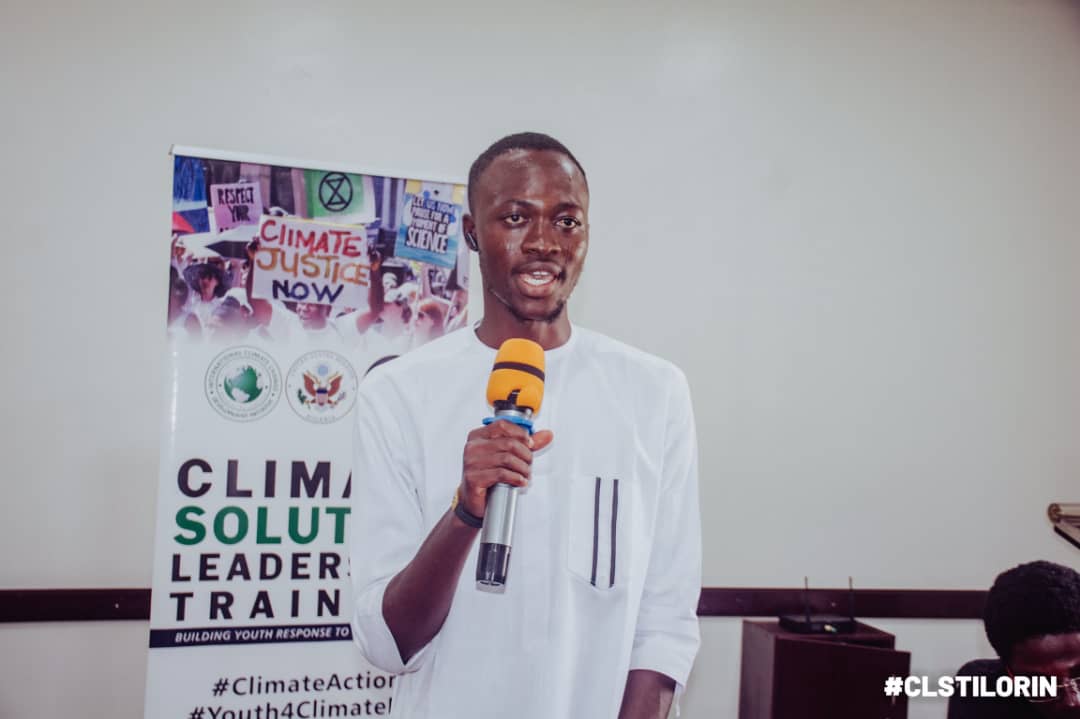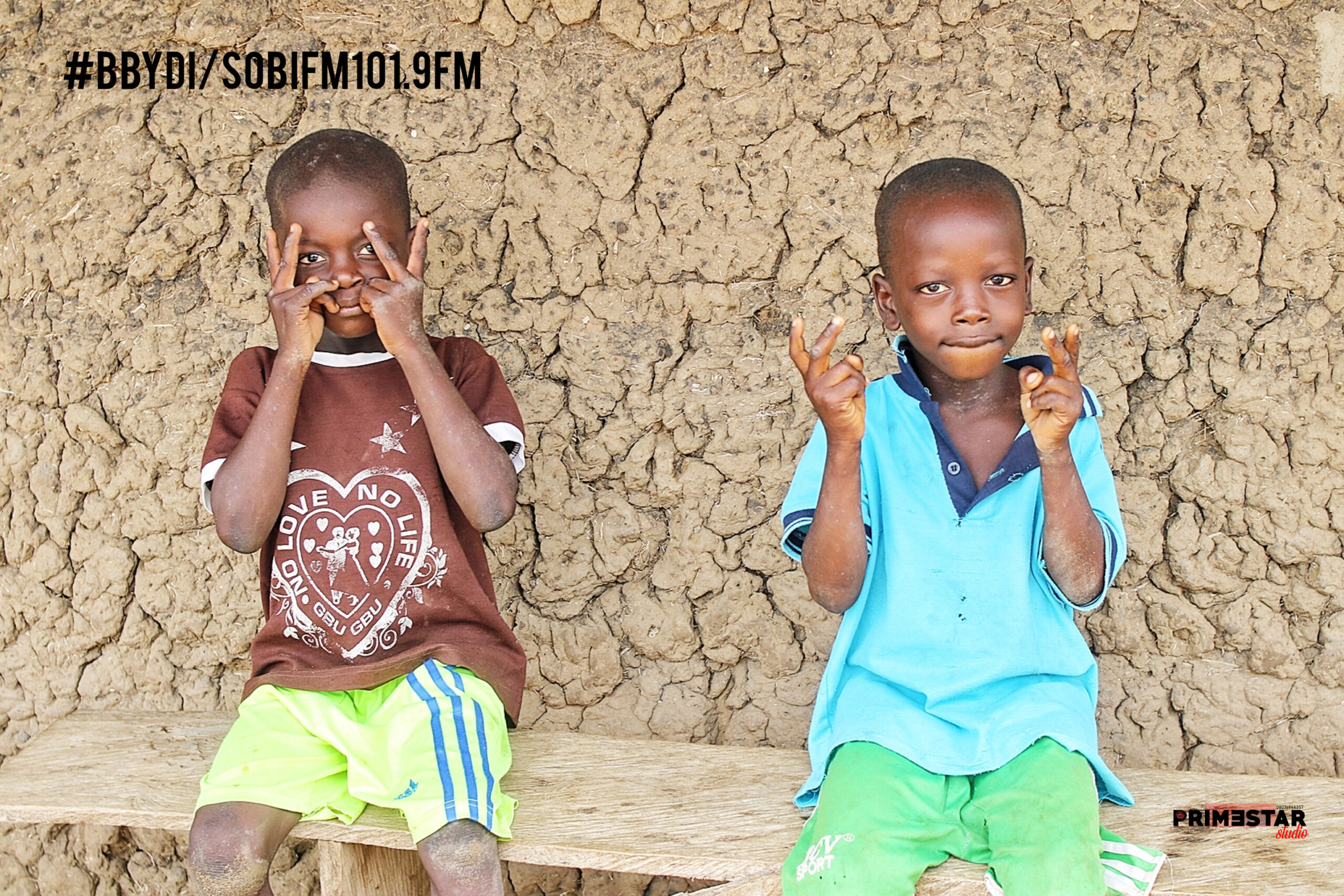Nearly 70 percent of people under the age of 18 are most likely to think that climate change is a serious global emergency.
According to the UNDP’s Peoples’ Climate Vote, the largest public opinion poll on the subject has ever been conducted.
Changes in weather patterns, high temperatures, and extreme weather events like heat waves, floods, and droughts are some of the problems we’ve been dealing with lately.
Different nations throughout the world are also dealing with climate-related problems. Being one of the most vulnerable nations, Nigeria’s development is plagued by recurring problems such as flash floods and other climatically related disasters.
Damage from the unfavorable effect has been done to her livelihoods, social progress, and economy.
However, the development necessitates taking immediate action to address the threat. The fact that education is a crucial weapon for promoting action against climate change and climate deniers cannot be disputed.
Furthermore, the threat posed by climate change to human lives is significant; it affects people of all ages in one way or another. The impact is very detrimental to our food supply, water security, health, and way of life.
However, because of the change in their activities toward the planet and its weather patterns, different nations are affected in different ways. The climatic catastrophe we are experiencing makes clear the harm we are doing to the world.
To jointly advocate for urgent action against the climate disaster in several states of Nigeria, a few months ago, the Kwara state residents, most of whom are from the youth demography, participated in a robust Climate Solution Leadership Training, which provided them with practical actionable knowledge on how to increase youth resilience, get them ready for climate disruption in the state, and become climate change advocates.
The training’s main goal is to inform and educate young people about climate change issues and how they can better respond to the threat in their local communities.
Youths must be adequately informed about the subject of climate change if they are to be empowered to take action. It is also crucial that their voices be heard. The training took place in 6 different states of southwestern Nigeria.
Both reducing climate change and preparing for its effects require rapid action. Since African nations are not exempt from these unpleasant problems, they have now become the epicenter of climate disasters, with Nigeria being one of the most vulnerable.
These disruptions can include flash floods, excessive rain, the use of fossil fuels, and many other things. While more adults and children of all ages and vulnerable groups are being negatively impacted, these actions have influenced the economy and health which requires youth response.
In this direction, the climate solution training was organized by the International Climate Change Development Initiative, an NGO, to launch her campaign against climate justice in various parts of Nigeria’s six states, to stop the ongoing disaster and give youth the voice they need to speed up action.
Many young people are now more aware of the effects and consequences of climate change in our daily lives as a result of the explosive discussions with which the training was characterised.
The climate change leadership training coordinator for Kwara state, Babatunde Qodri, reiterated the fact that the training was designed to improve leadership skills because every section of Nigeria is vulnerable to the crisis.
While the youth are more impacted, the training equipped them with various strategies for preventing the state’s climate crisis, since the threat most directly affects young people.
The training’s organizer, Mr. Olumide Idowu, a co-founder of the International Climate Change Development Initiative, skillfully guided the participants through a fundamental understanding of climate change to continue the fight against climate deniers.
He made it known that climatic disasters are taking a huge toll on the social as well as economic survival of the country, advocating prompt action from the youth.
My conclusion is that inaction as far as climate change is concerned would cause future harm to us.
According to research, this would cause the temperature to rise by 1.5°C to 2°C between 2023 and 2024. To deal with the existential threat, the world needs both change and changemakers.
There is an urgent need to address the climate emergency that we are now in. In this regard, the youth must work together and concertedly to win the battle against the world’s most notorious danger.
Together, the government, stakeholders, and opinion leaders should continue the struggle. The idea of gender inequality which undermines efforts to address this obnoxious climate trend must be discarded.
In other words, gender inclusion must be the priority if the world desires healthy survival devoid of climate change.
By Babatunde Qodri
Kwara State Coordinator, Climate Solutions Leadership Training





